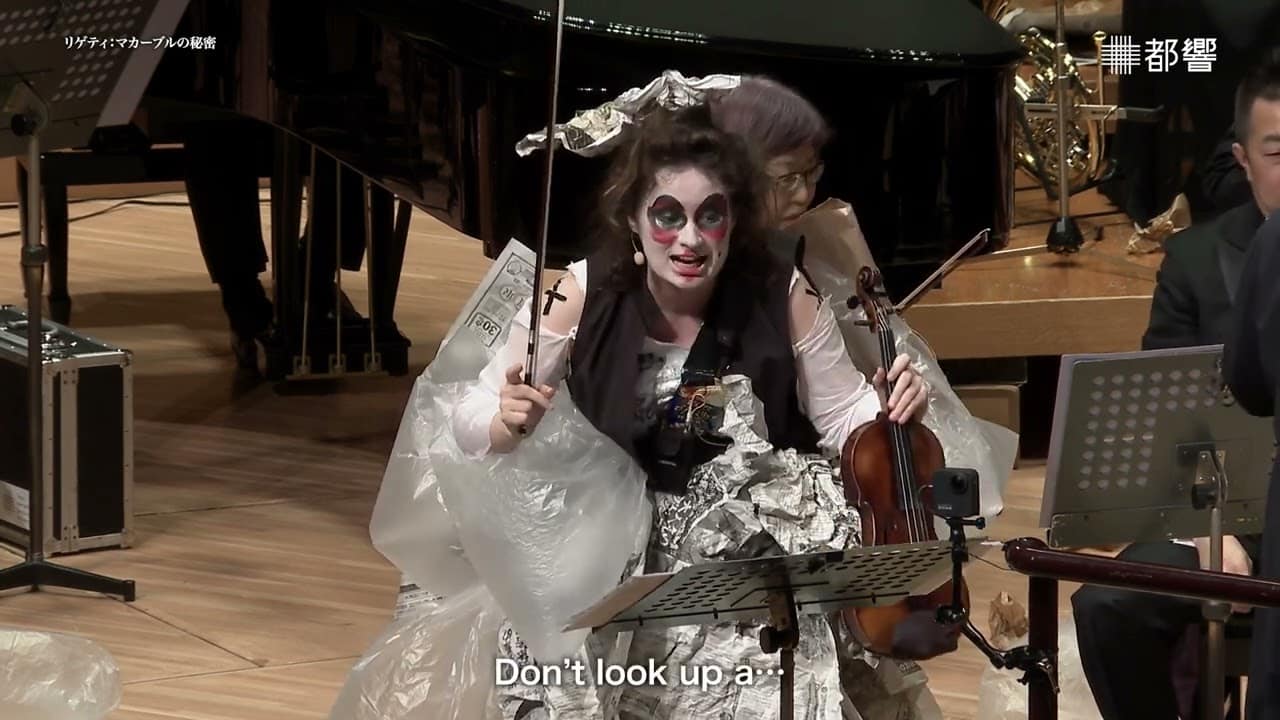Classical agency takes on two intimacy directors
NewsL2 Artists, a New York agency that caters mostly to opera singers, has signed two Stage and Intimacy Directors to the roster.
Doug Scholz-Carlson has worked as an intimacy director at the Met and Sara E. Widzer at other companies around the US.
L2 say: ‘As our art form continues to evolve, L2 Artists must evolve as well. Both Doug and Sara bring a wealth of knowledge not only as experienced stage directors, but also their unique and important skills as intimacy directors. We are excited to represent these esteemed artists in both capacities, and to empower them as industry leaders who continue to create a culture of consent.’






Comments